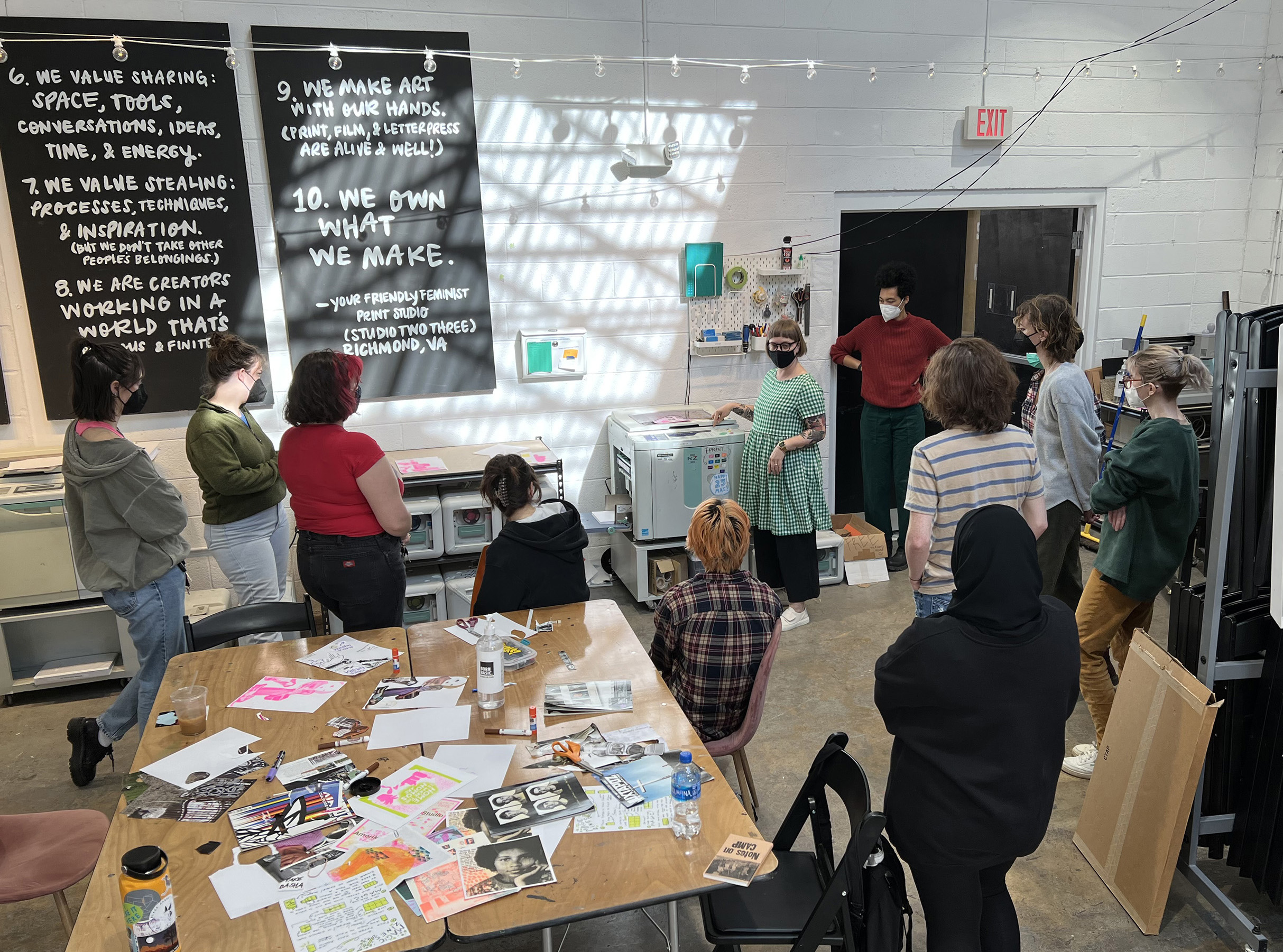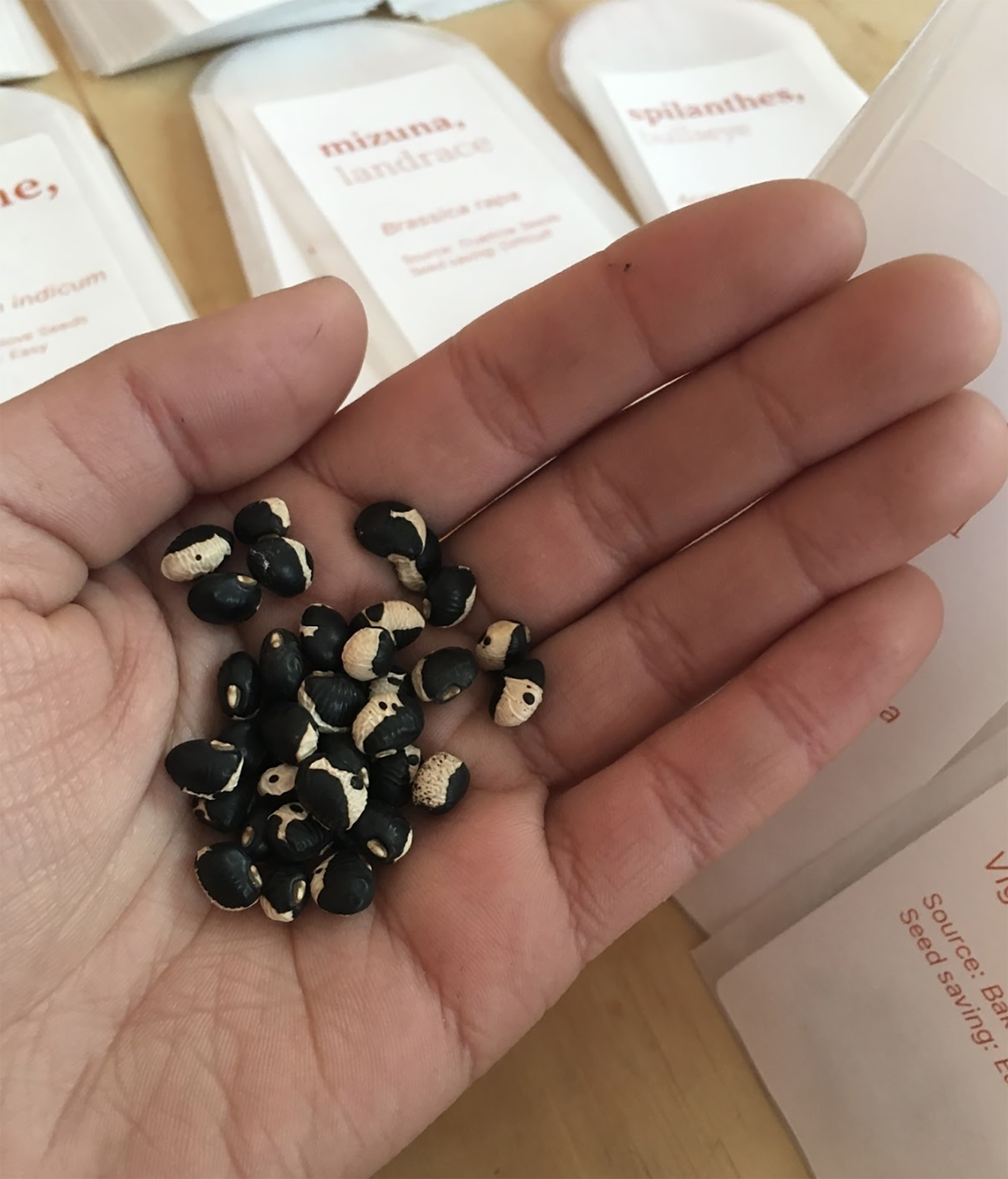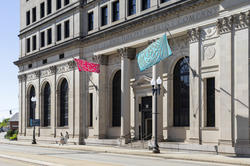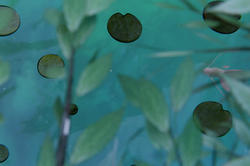Full-time faculty members to join RISD in fall 2021 as a result of the “Race in Art & Design” cluster hire initiative.
Expanding Pedagogical Perspectives

Students are back on campus for the intensive, in-person educational experience RISD is known for, and 13 full-time faculty members have just joined the shared effort to help them develop their creative visions.
The Experimental and Foundation Studies division welcomes Associate Professor Ming Ying Hong. Fine Arts adds to its roster Assistant Professor of Textiles Amalia Galdona-Broche, Assistant Professor of Painting Meena Hasan and two of this year’s incoming Race in Art & Design faculty members: Schiller Family Associate Professor of Film/Animation/Video Africanus Okokon 13 FAV and Schiller Family Associate Professor of Photography Nandita Raman (who will start in the spring semester).

Architecture + Design bolsters its ranks with Associate Professor Johanna Barthmaier-Payne (Landscape Architecture), Assistant Professor Debbie Chen (Architecture), this year’s third Race in Art & Design faculty member, Fatema Maswood, who will serve as an assistant professor in both the Landscape Architecture and Interior Architecture departments, and Assistant Professor Amelyn Ng (Architecture).

Finally, the Liberal Arts division welcomes Assistant Professor Angelo Baca (History, Philosophy and the Social Sciences), Assistant Professor Sage Gerson (Literary Arts and Studies), Associate Professor Courtnie Wolfgang (Teaching + Learning in Art + Design) and Assistant Professor Sunhay You (Literary Arts and Studies).
“This is truly a transformative moment at RISD,” says Provost Anais Missakian 84 TX, “and these new faculty members bring a wide range of perspectives and experiences into the mix. Drawing on areas of expertise that include the politics of representation, climate justice and feminism, and on their commitments to teaching as a reflective practice, they are sure to inspire generative discussions and work in studios and classrooms across campus.”
“This is truly a transformative moment at RISD, and these new faculty members bring a wide range of perspectives and experiences into the mix.”
Hong, for example, is an interdisciplinary artist whose work explores hybridized bodies, examining the way we define, categorize and assign power to them. Recognizable forms are fragmented, defamiliarized and remixed to create what she describes as “an uncanny hodgepodge of forms.”
Wolfgang comes to RISD from Virginia Commonwealth University, where she led collaborative arts-based workshops with adolescent girls in juvenile arbitration, developed arts courses for incarcerated adults at Richmond City Jail and edited a special issue of the Visual Arts Research journal on queering art education.


Originally from Cuba, Galdona-Broche creates textile installations that materialize psychological landscapes of nostalgia and remembrance. “As a way of negotiating my own displacement, I create alternative worlds that are inviting, somehow familiar, yet uncomfortable and mystical,” she explains.
Brooklyn-based painter Hasan, who won the Terra Prize Fellowship at the American Academy in Rome in 2010, has taught at Rutgers University and the Pratt Institute and served as a teaching artist with Studio in a School, NYC.


Okokon works with the moving image, performance, painting, assemblage, collage, sound and installation to explore the dialectics of forgetting and remembrance in relation to cultural, shared and personal mediated histories. He earned his BFA at RISD before heading to Yale, where he earned an MFA in Painting/Printmaking.
Raman also works in a wide range of mediums, including photography, video, drawing and language. The recipient of Alkazi Foundation’s Documentary Photography Grant and a previous Workspace Resident at Baxter St Camera Club of New York, she also teaches photography at SUNY Purchase College.

Barthmaier-Payne, who has already served in RISD’s Landscape Architect department, most recently as department head, makes work that examines the relationships between urban infrastructure, placemaking and communication. She is a cofounder of the multidisciplinary design studio A TON, which focuses on landscape and industrial and graphic design within the public realm.
Architect Chen is interested in systems of organization that “transform the pragmatic into the sublime.” Before coming to RISD, she was the 2021–22 Architectural Activism Fellow at the University of Wisconsin–Milwaukee School of Architecture and Urban Planning, where she explored the representation of climate activism through gameplay.


Maswood is a landscape and architectural designer and builder of Tunisian and Bangladeshi descent, whose work addresses food sovereignty, land access and climate adaptation. Before joining the faculty at RISD, they served as an artist-in-residence in Providence’s Office of Sustainability, where they co-created the Providence Seed Library and worked on public access to the waterfront along Providence’s industrial corridor.
Architect/cartoonist Ng hails from Australia, where she studied architecture at the University of Melbourne before moving to NYC and earning an MS from the Critical, Curatorial and Conceptual Practices program at Columbia University’s Graduate School of Architecture, Planning and Preservation. By addressing the politics of representation, she aims to expand architecture’s capacities for counter-narratives, spatial justice and non-canonical knowledge.

Navajo and Hopi filmmaker Baca is a graduate of the Native Voices Program at the University of Washington. He has created numerous documentaries and collaborative works with other filmmakers, including pieces about food sovereignty and the traditional foods of Pacific Northwest coastal tribes, and recently taught Native American literature and media/film courses at Brown University.
Gerson also focuses on Indigenous cultures, as well as environmental justice, anticolonial environmentalisms, 20th- and 21st-century literature and Indigenous futurities and Afrofuturisms. Her current project, The Leaky Grid: Black and Native Electrified Imaginaries, examines how electricity has powered US modernity and challenges uncomplicated narratives that link electricity to progress.


Lastly, You is a transnational feminist scholar who examines the political and ethical implications of Asian American cultural formations and phenomena, especially as they articulate erotic desires and pleasures. She is currently working on a monograph about female Asian ghosts and says that her classroom pedagogy “privileges student-led and community-based learning in which students get to apply what they learn in the classroom to what lies beyond.”
—Simone Solondz
September 13, 2022


